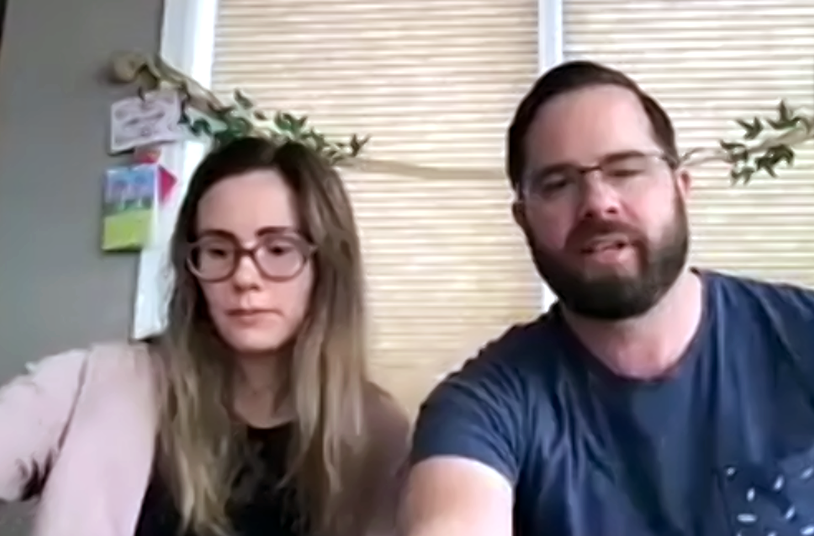Sharing and learning from each other is a hallmark of the Treatment Foster Care program (TFC).
The TFC is a specialized, accredited foster care service funded through the Ministry of Social Services. Foster parents assume responsibility for youth in their care, as well as ensuring the youth are actively involved with their communities and birth families whenever possible. Parents have access to a wide variety of supports through Ranch Ehrlo Society and competitive remuneration is provided through a service contract.
Foster parents at Ranch Ehrlo also follow the agency’s six CARE principles, one of which is the importance of strong relationships for children in care. Foster parents work hard to develop meaningful bonds with children in their home and they work just as hard to help the children develop bonds with caregivers as they transition to their next placement.
Ideally children in care transition back to their birth family but sometimes that doesn’t happen. During the last TFC meeting, foster parents Nico and Nadira Deschner explain how they helped their foster son Ben* transition into a new group living home. And how their family coped with the loss.
Nico, Nadira and their children have been a part of the TFC program for three years. Ben came to their home with autism and other behavioural issues. During the pandemic, Ben’s needs outgrew the resources the Deschners could provide and they knew that they had to help prepare him to move to a new home.
Even though from the beginning the Deschners knew Ben wouldn’t be in their home forever, they knew the transition would be difficult.
“Every transition involves loss and grief and as a family it was important to process together,” explained Nico.
Nadira added, “I did deal with feelings of guilt, but I have no regrets. His time with us set him up for success. He now has a diagnosis and his needs can be met in his next setting.”
She said the Ranch team was amazing in helping find a place that best suited Ben’s needs. The home was also only five minutes away from the Deschners, which helped with the planning.
“One of the main emotions for him (Ben) was feeling like he wasn’t wanted,” said Nadira. So, they assured him the new caregivers and other youth at his new home were very excited for his arrival.
They showed photos of the caregivers to Ben to help him become familiar with his new placement. The Deschners also went to the home to find common interests they could use to help Ben with the transition.
They lucked out when they spotted a lawnmower and met the person responsible for cutting the grass. Ben loves lawnmowers and it was a great opportunity to start building a relationship over a shared interest.
When the time came for Ben to leave, they gifted him with a photo book and pillow so he could have a tangible memory. They also threw him a goodbye party and established meaningful but realistic plans to stay in contact in the future.
Nico explained, “You create safety by communicating with them about how you will connect in the future. It gives them a sense of security.”
Nadira added, “Don’t underestimate the power of just a phone call, it is still the power of connection and shows that you are there for them and it is making a difference.”
Once Ben had transitioned to his new home, the Deschners took their children out for supper to thank them for their help on the journey. They made sure everyone was allowing their emotions to come to the surface.
The Deschners said that it is important to talk about their experiences with each other, friends and family. It is tough dealing with feelings of relief and heartbreak at the same time.
As one other foster mother put it, “Kids come, and we love them for a period of time, and we send them on. But they are always a part of our families and they are always in our hearts.”
*name changed for privacy



